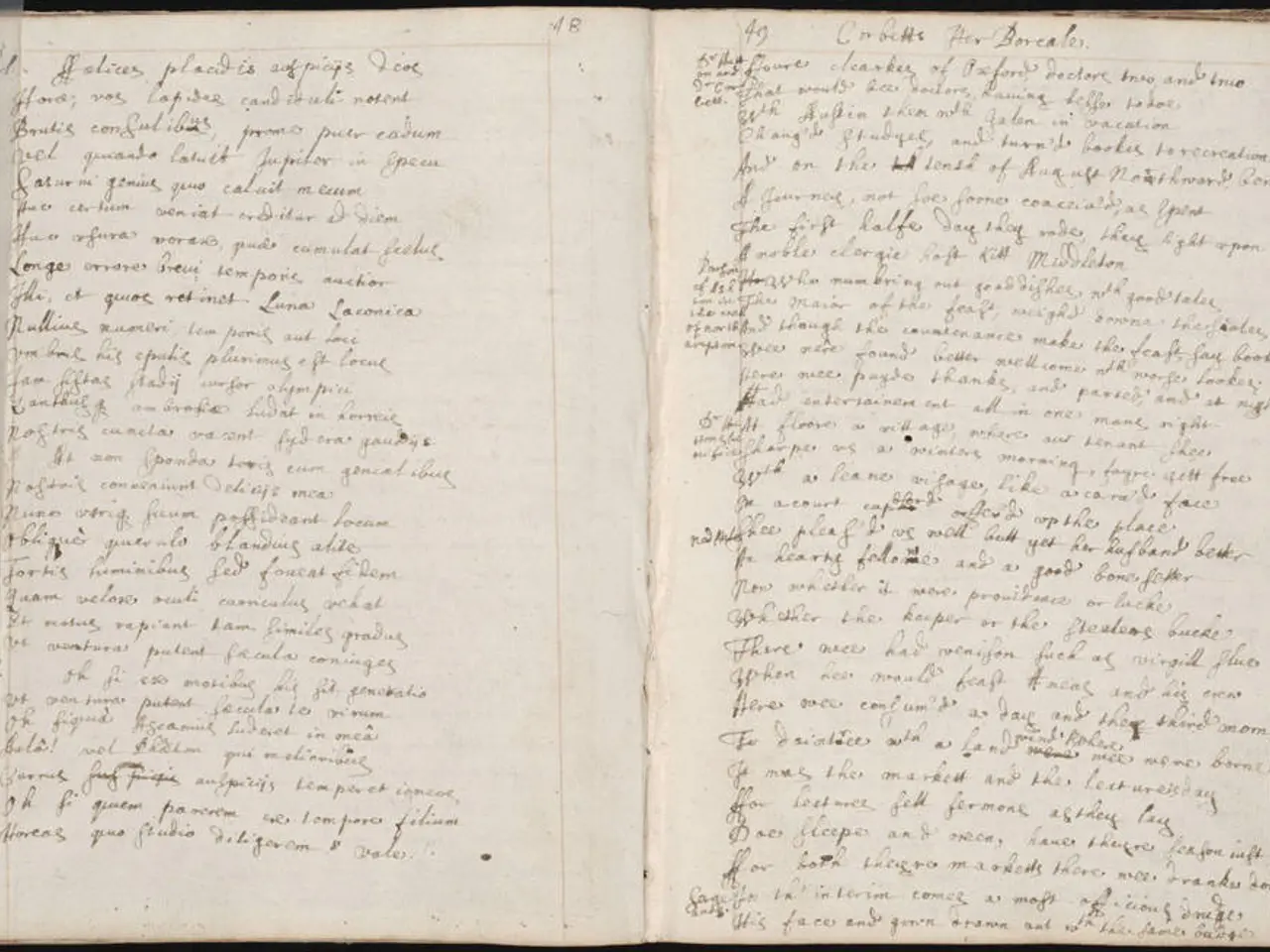International Research Collaboration, ICERM 2025, Held jointly by Anant National University and Penn GSE, Aims to Cultivate Homegrown Indian Research Ventures
Anant National University, India's premier design university, recently took a significant step towards promoting indigenous knowledge systems in education with the establishment of the Indigenous Consciousness Methodology Education Research Project (ICER). This pioneering initiative, launched in 2025 in collaboration with the University of Pennsylvania’s Graduate School of Education (Penn GSE), aims to develop India-based research methodologies that emphasize local knowledge systems, community engagement, and sustainable, equitable education frameworks [1].
The roots of ICER can be traced back to the Indigenous Consciousness Education Research Methodology (ICERM) Convening held at Anant National University in July 2025. This gathering brought together scholars, policymakers, and practitioners to co-develop the methodological foundation for ICER, marking a significant step towards integrating indigenous perspectives in education research and policy in India [1].
The objectives of ICER include advancing research methodologies rooted in Indigenous Consciousness, prioritizing community-engaged educational practices, informing education policy by centering indigenous perspectives, and supporting the design and development of culturally relevant and sustainable learning models [1].
The initiative aligns with India’s National Education Policy (NEP) 2020 by promoting inclusive, culturally responsive education that preserves indigenous knowledge [1]. ICER aims to influence policy by operationalizing the NEP 2020 vision for locally grounded, inclusive education that integrates indigenous knowledge systems. By establishing research-based frameworks, ICER supports the development of education policies that are equitable and culturally responsive, potentially shaping curriculum design, pedagogy, and educational governance to better serve indigenous communities across India [1].
Dr Diti Vyas, Associate Professor at the School of Creative Practices and Entrepreneurship (SCoPE), Anant National University, highlighted the aim of the convening to interrogate, expose, and undo the dangers and desires of colonization in education through indigenous consciousness [1].
Penn GSE actively partners with schools, universities, and communities around the world to improve educational access and equity. The University of Pennsylvania, through Penn Global, administers a competitive global engagement grant program [1]. Through their ongoing partnership, Anant National University and Penn GSE collaborate on the exchange of academic materials and initiatives that advance matters of mutual academic interests.
Anant National University has received the prestigious '5-Star Rating' in the category of Architecture and a '4-Star Rating' in the University category in the Gujarat State Institutional Rating Framework (GSIRF) 2023-24. The university's vision is to drive innovative, locally relevant education methodologies and materials rooted in India's vibrant local cultures, regional diversities, and national aspirations [1].
Dr Sanjeev Vidyarthi, Provost of Anant National University, stated that the university is a place where creative ideas evolve into purposeful action and where students learn to lead meaningful change [1]. Dr Leland S McGee, Adjunct Assistant Professor at Penn GSE and Senior Associate Director of the GSE Office of Student Success, University of Pennsylvania, emphasized the importance of indigenous knowledge systems in education, policy, and system design [1].
In summary, ICER is a recent and pioneering initiative at Anant National University (started in 2025) collaboratively with Penn GSE, focused on embedding Indigenous Consciousness in education research and policy, directly responding to India’s broader national policy goals for education reform [1]. The efforts through the ICERM 2025 and the planned ICER are aimed at ensuring that Indigenous knowledge systems receive due recognition and representation in research and policy discourse.
- Anant National University, in conjunction with the University of Pennsylvania’s Graduate School of Education, launched the Indigenous Consciousness Methodology Education Research Project (ICER) in 2025, an initiative aiming to develop India-based research methodologies that prioritize local knowledge systems, community engagement, and sustainable, equitable education frameworks.
- ICER's objectives also include advancing research methodologies rooted in Indigenous Consciousness, informing education policy by centering indigenous perspectives, and supporting the design and development of culturally relevant and sustainable learning models.
- Dr Diti Vyas, an Associate Professor at Anant National University, highlighted ICER's aim to interrogate, expose, and undo the dangers and desires of colonization in education through indigenous consciousness.
- The partnership between Anant National University and Penn GSE, both partners committed to improving educational access and equity, will continue to exchange academic materials and initiatives that advance matters of mutual academic interests.
- ICER's endeavors are aligned with India’s National Education Policy 2020 by promoting inclusive, culturally responsive education that preserves indigenous knowledge, potentially shaping curriculum design, pedagogy, and educational governance to better serve indigenous communities across India.




